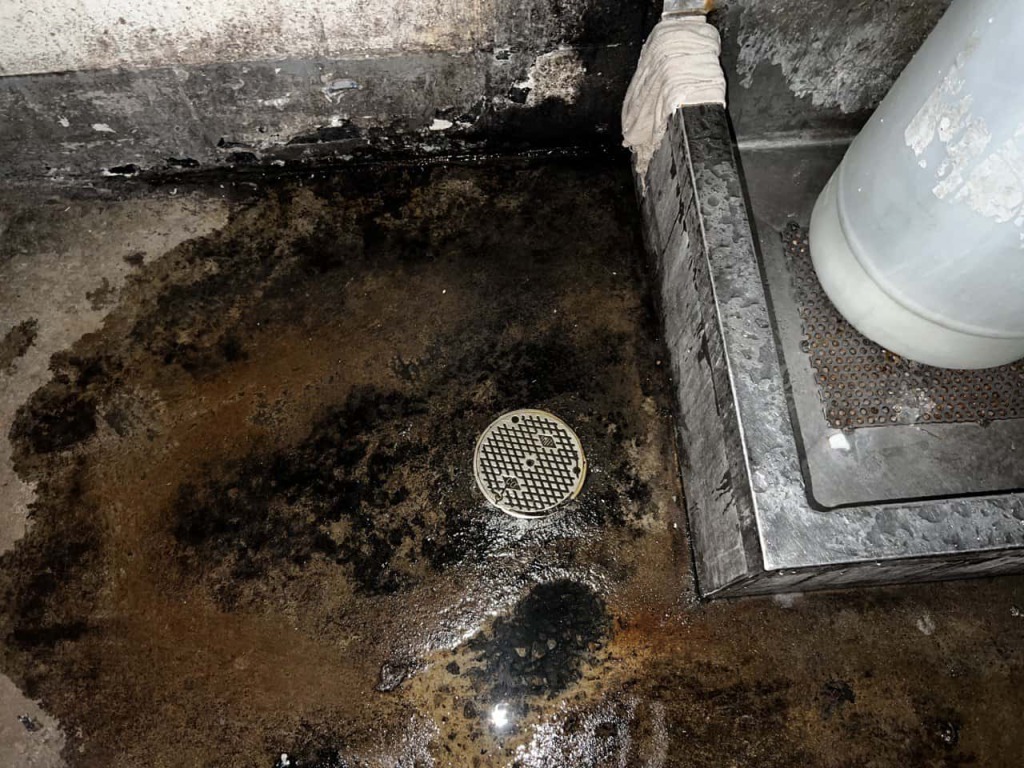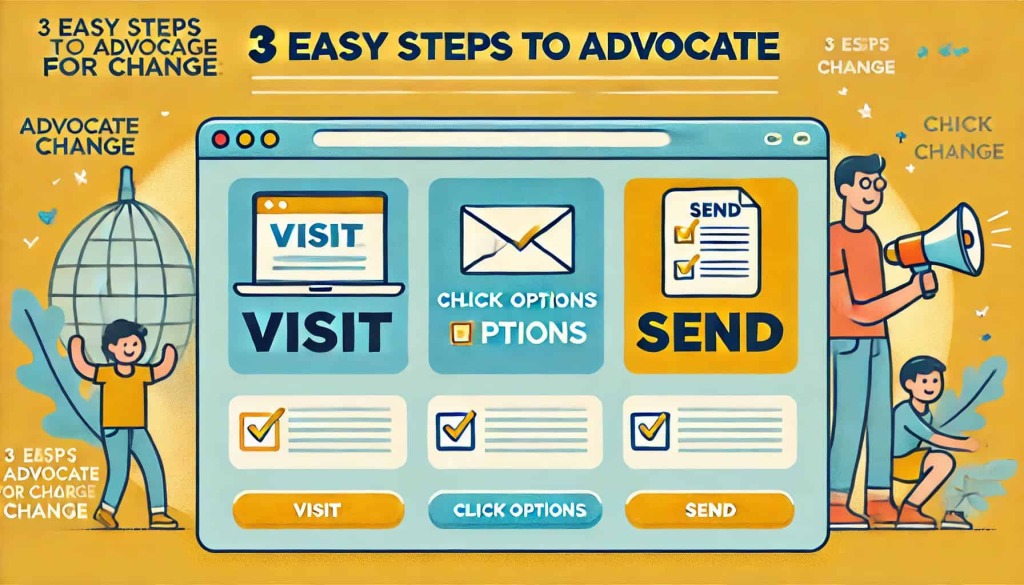
Arrendale State Prison, a women’s facility in Georgia, has become a focal point for accusations of neglect, mismanagement, and inhumane treatment. Reports from inmates and their loved ones paint a grim picture of a system that disregards the basic rights and dignity of those incarcerated. The prison’s deteriorating conditions and troubling administrative practices have led many to question how the Georgia Department of Corrections (GDC) manages its women’s facilities—and what, if anything, is being done to address these issues.
Condemned Building Reopened
C-Unit at Arrendale State Prison was once considered uninhabitable due to severe structural and environmental hazards. The building was reportedly condemned, with inmates removed after the discovery of asbestos, mold, and sewage backing up through shower drains. However, in a desperate move to alleviate overcrowding, prison officials have reopened C-2 and housed women there, despite the dangers.
“The structure is unsafe,” says one source close to an inmate. “There’s asbestos throughout the building, mold on the walls, and feces rising through the floors in the shower area.”


These conditions are not just unsanitary—they are dangerous. Asbestos exposure is linked to serious health risks, including lung disease and cancer. The mold exacerbates respiratory issues, and the sewage backup poses severe health hazards.
Fear and Retaliation
The reopening of C-2 came with a disturbing caveat: the inmates selected to move there were reportedly chosen for their perceived vulnerability. Many came from G1, the honor dorm, where inmates with good behavior records reside. According to reports, they were warned against complaining or filing grievances. Retaliation has allegedly been swift for those who did.
One inmate, Inez Ottis, raised concerns with Deputy Warden Ballenger, who oversees care and treatment at the facility. Her complaint about sewage and the building’s condition reportedly led to her being transferred to F1, known as “gangland,” where violence and intimidation are rampant. She also lost her work detail, a punitive measure that adds to the difficulties inmates face in maintaining stability within the system.
Ballenger’s alleged response to Ottis encapsulates the power dynamics at play: “If she said anything else, she would be transferred to Pulaski State Prison, where it would be ‘rougher.’”
A Pattern of Neglect
The issues at Arrendale are not isolated. The Department of Justice’s recent investigation into Georgia’s prison system revealed systemic failures across the state, including insufficient oversight, lack of basic care, and rampant violence. Although much of the DOJ’s focus has been on male facilities, the neglect of women’s prisons like Arrendale is just as egregious.
Articles from the Atlanta Journal-Constitution (AJC) have highlighted similar problems, including deteriorating infrastructure, medical neglect, and the exploitation of inmates through unsafe living conditions. Yet, little has changed in response to these revelations.
The Human Cost
The neglect at Arrendale goes beyond poor conditions—it is psychological warfare against the women incarcerated there. Threatening inmates with transfers to more dangerous facilities or revoking privileges for speaking out ensures silence and compliance, no matter the cost to their well-being.
“They know these women won’t fight back because they’re afraid,” says one loved one. “This is cruel and unusual punishment, and it’s unacceptable.”
The situation at Arrendale mirrors the larger problem within the GDC: a system built on punitive measures and profit-driven policies rather than rehabilitation and care. For women incarcerated there, the message is clear: their voices do not matter, and their health and safety are secondary concerns.
What Can Be Done?
The conditions at Arrendale demand immediate attention. Advocates are calling for:
• Independent Inspections: Regular, third-party audits of all Georgia correctional facilities, with a focus on infrastructure, safety, and health conditions.
• Protection for Whistleblowers: Policies that safeguard inmates and staff who report abuses or unsafe conditions.
• Improved Living Standards: Addressing long-standing infrastructure problems like mold, asbestos, and sewage, particularly in reopened condemned buildings.
• Accountability for Administrators: Investigating and, if necessary, removing officials who retaliate against inmates or fail to address complaints.
A Call for Help
The loved ones of Arrendale’s inmates are asking for assistance in amplifying their voices. Advocacy groups, journalists, and concerned citizens can help by:
• Writing to local representatives and demanding action on prison reform.
• Contacting the Georgia Department of Corrections and urging immediate investigations into Arrendale’s conditions.
• Sharing the stories of inmates like Inez Ottis to shed light on the systemic issues within the GDC.
As one advocate put it: “I know they are in prison, but this is horrible. Nobody deserves this.”
The neglect and retaliation at Arrendale highlight a broken system in urgent need of reform. Without accountability and systemic change, the women housed there will continue to suffer in silence.
Message State decision makers about this dire situation using Impact Justice AI. Act now, it’s free and only takes 2 minutes.


I will be speaking out on this! 🤬
We will continue to call this out until someone hears us!
Are you familiar with ImpactJustice.AI? It’s a free advocacy tool that uses AI to generate messages about the prison system, based on sources like the DOJ report and AJC articles. Just select your topics and audience, and it drafts a message you can approve, edit, or retry. Once finalized, the system can email your message to up to 100 recipients, including government decision-makers or the media, in just 2 minutes. You can use it as many times as you like.
Impact Justice AI